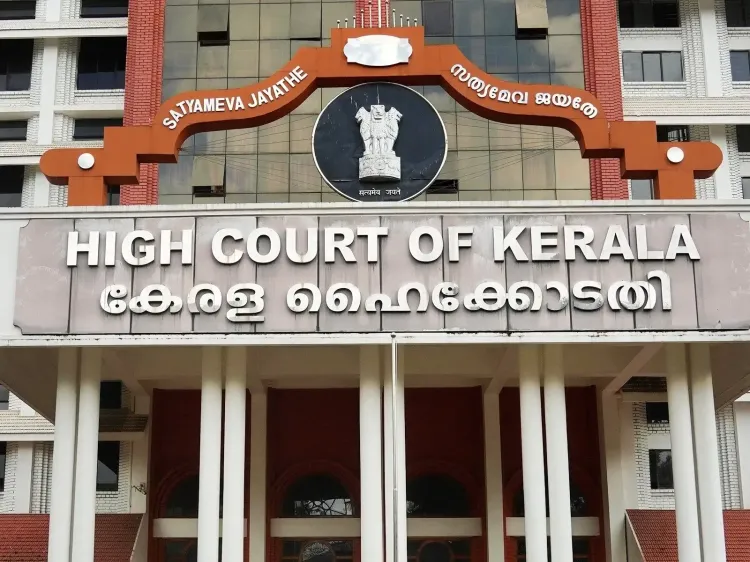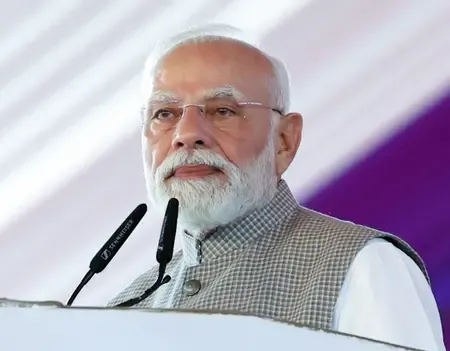Why Did Kerala HC Uphold the Revision of Court Charges?

Synopsis
Key Takeaways
- Kerala High Court upholds court fee revisions.
- Revision justified by inflation and administrative costs.
- Significant fee increases raise access to justice concerns.
- Economic indicators played a key role in the decision.
- Section 73A exemption remains intact.
Kochi, Oct 31 (NationPress) The Kerala High Court has affirmed the State government's choice to revise court fees, dismissing a Public Interest Litigation (PIL) brought forth by the Kerala High Court Advocates’ Association (KHCAA), which contested the significant increase and the implementation of ad-valorem fees without a cap.
A Division Bench, which included Chief Justice Nitin Jamdar and Justice Basant Balaji, determined that the State legislature is authorized to modify the Kerala Court Fees and Suits Valuation Act of 1959, stating that the fee revision is justifiable considering factors such as inflation, rupee depreciation, and the rising costs associated with the administration of justice.
“It has been over two decades since there was a revision of court fees in Kerala. A general correlation between court fee collection and judicial administration costs is sufficient; precise mathematical calculations are not necessary,” the Bench stated.
The fee increase was proposed in the 2025-26 Budget and enacted via the Kerala Finance Act of 2025, and was labeled by the KHCAA as arbitrary and unconstitutional.
The Association argued that the increases, which range from 400 percent to nearly 9,900 percent, would hinder access to justice for the economically disadvantaged and infringe upon Articles 14 and 21 of the Constitution.
Furthermore, it claimed that the government disregarded the recommendations from both the Law Commission of India and the Kerala Law Reform Commission.
In rejecting these assertions, the Court indicated that the State had considered various economic metrics, including the Consumer Price Index, average wages, rupee-dollar exchange rates, and gold prices, to evaluate the actual value of money since the last fee revision in 2003.
The Bench also dismissed the KHCAA's request to annul Section 73A of the Act, which exempts the State and its officials from paying court fees, noting that this matter had already been resolved by a prior Division Bench in 2003.









